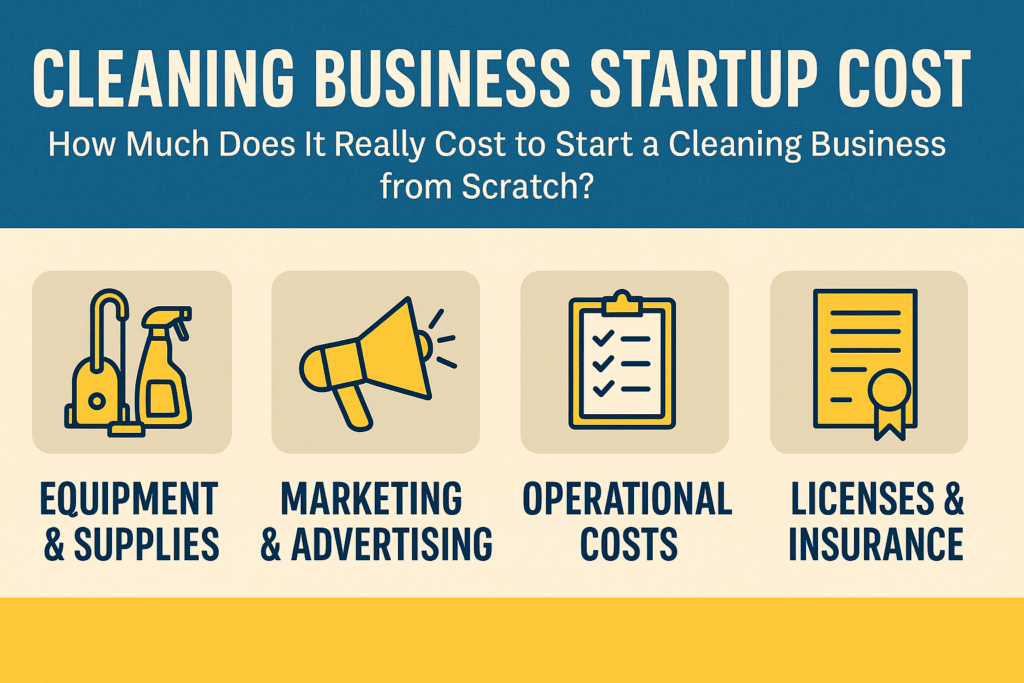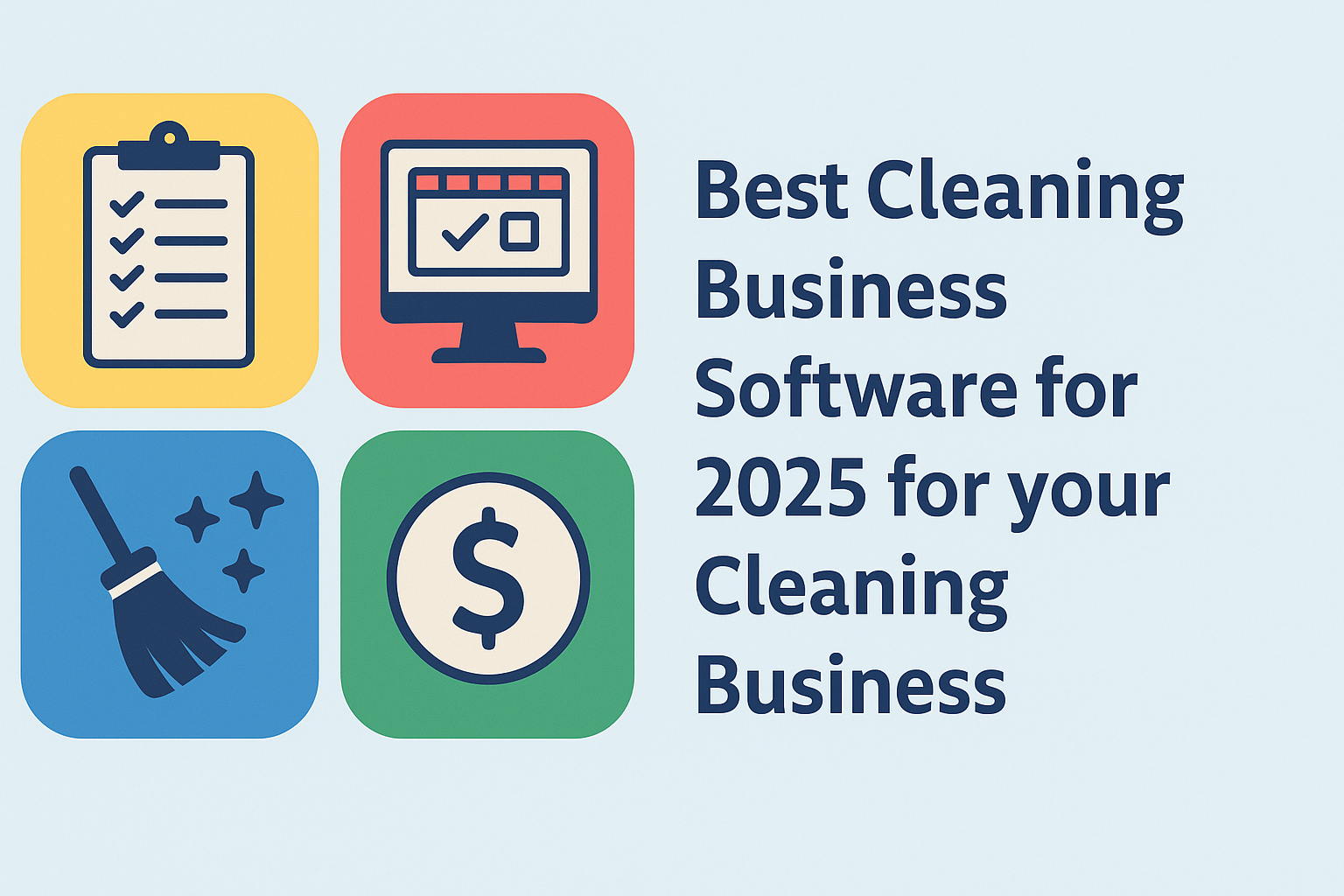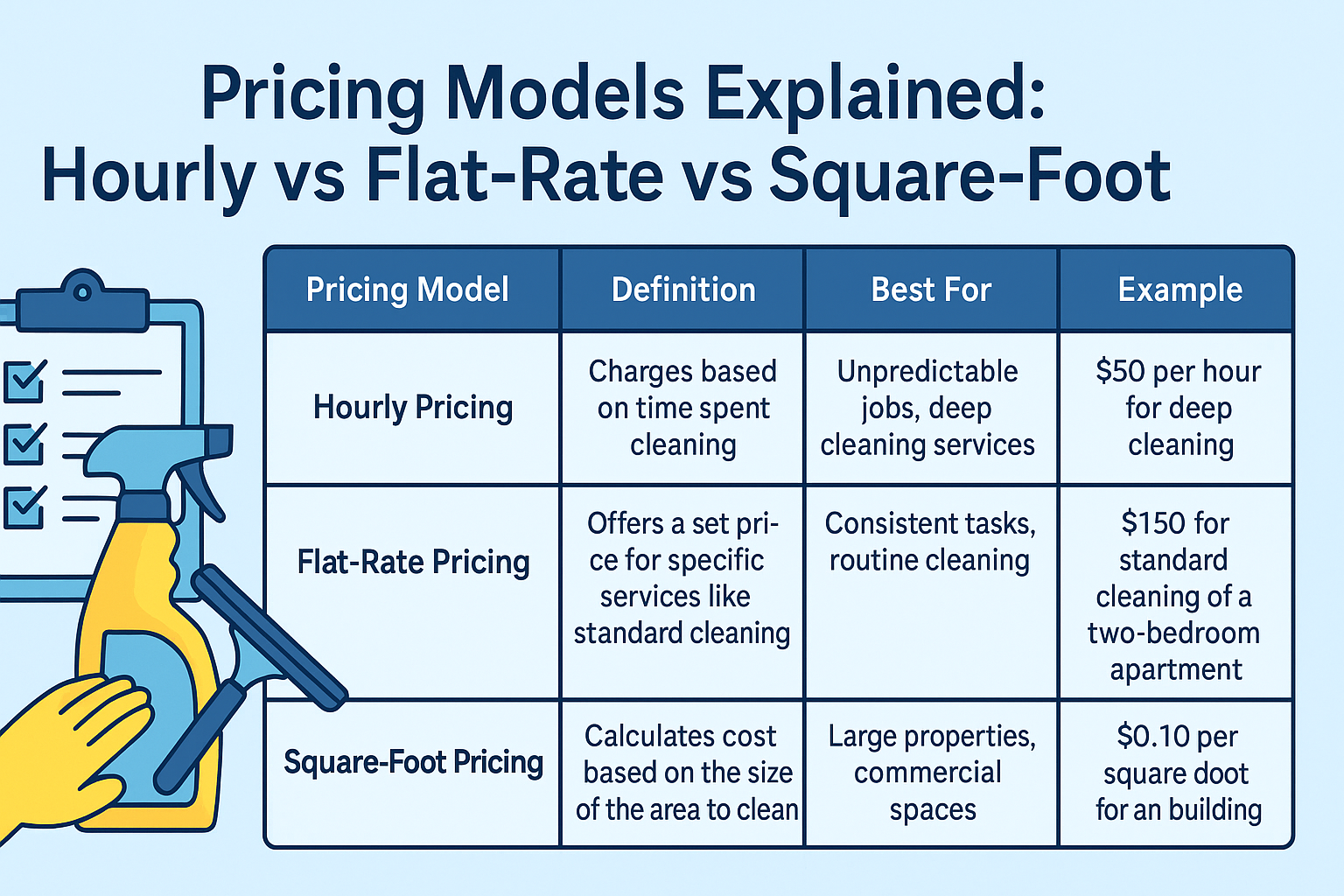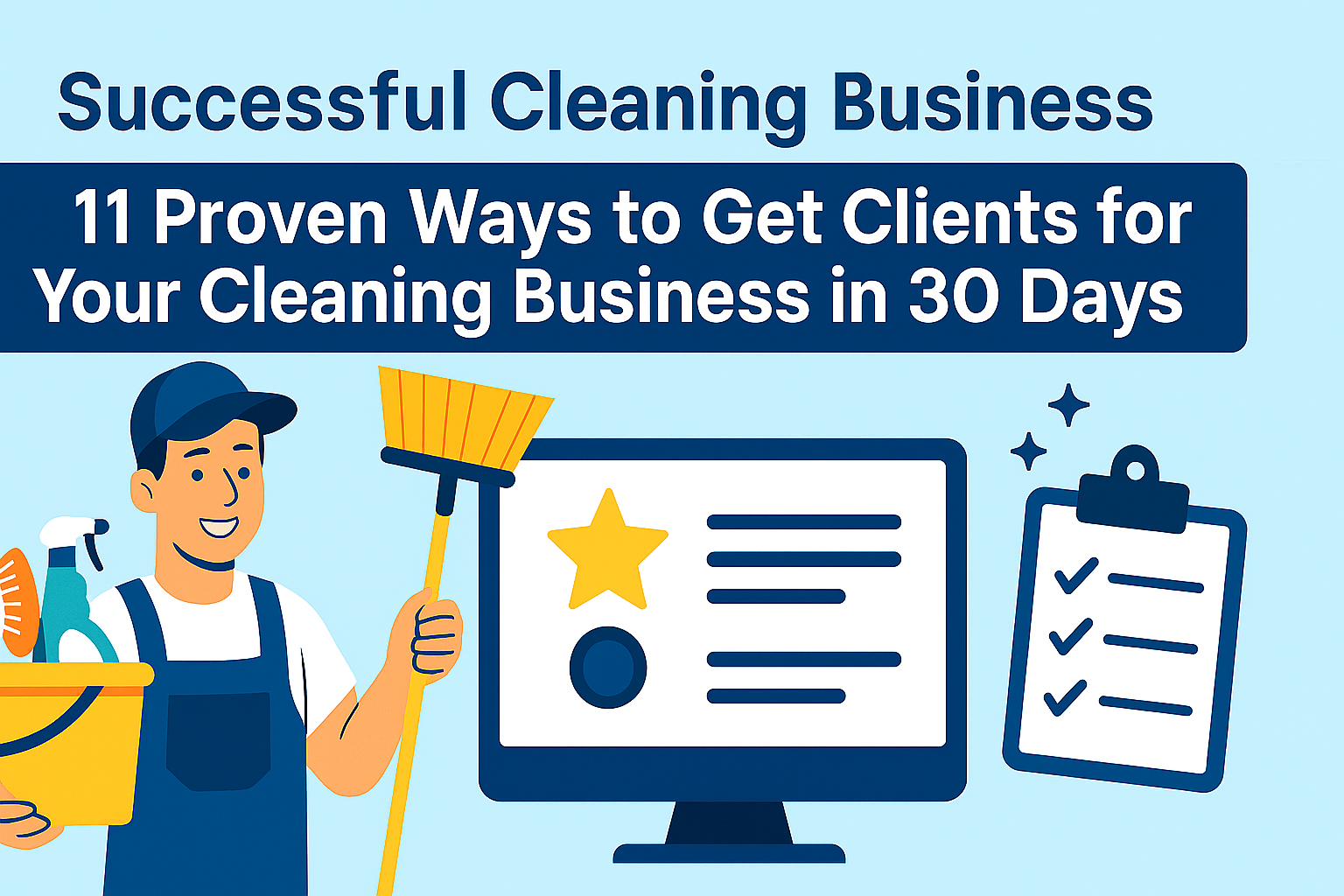Cleaning Business Startup Cost: How Much Does It Really Cost to Start a Cleaning Business from Scratch?
Embarking on the journey of entrepreneurship by starting a cleaning business can be a highly rewarding venture. However, understanding the financial investment required is paramount. For any prospective business owner, understanding how much does it cost to start a cleaning company is vital for planning. This article aims to meticulously break down the various expenses you’ll encounter when launching your own cleaning service business.
Introduction
Overview of Cleaning Business Costs
Starting a cleaning business involves a spectrum of financial considerations, ranging from initial legal requirements to ongoing operational expenses. The overall cost to start a cleaning business can vary significantly depending on the type of cleaning service you intend to offer, whether it’s residential cleaning, commercial cleaning, or a blend of both. Prospective business owners must meticulously account for everything from cleaning supplies and equipment to marketing and insurance to ensure a robust cleaning business startup.
Importance of Understanding Startup Costs
A thorough comprehension of startup costs is crucial for the longevity and success of any new business. Without a clear financial roadmap, a small business can quickly face unforeseen challenges, hindering its ability to compete effectively among established cleaning companies. Understanding how much it costs allows for proper budgeting, securing necessary funding, and developing a sustainable business plan, ultimately enabling you to start a cleaning business on solid financial footing.
Buying vs. Starting a Cleaning Business
Deciding whether to start a cleaning business from scratch or acquire an existing one is a pivotal decision, each presenting its own set of advantages and financial implications. While starting your own cleaning business offers the freedom to build your brand from the ground up, buying an established entity can provide immediate revenue streams and a pre-existing client base. For a comprehensive comparison of these two approaches, including the costs for cleaning franchise options, you can explore this this guide.
Breakdown of Startup Costs
Starting a cleaning business requires a meticulous breakdown of all potential expenses to ensure a healthy financial beginning. This section will delineate the various categories of costs a prospective business owner will encounter, from essential equipment to ongoing operational overheads, including the need for cleaning business insurance. Understanding these elements is critical for developing a realistic budget and a sustainable business plan, allowing you to effectively manage the initial investment required to launch your cleaning service business.
Equipment Costs for Starting a Cleaning Business
The initial outlay for cleaning equipment forms a significant portion of the startup costs for any new cleaning business. You’ll need a diverse array of professional-grade cleaning supplies and tools to deliver high-quality cleaning service. This typically includes durable vacuum cleaners suitable for various surfaces, high-efficiency mop systems, microfiber cloths, buckets, and specialized cleaning products for different applications, such as disinfectants, glass cleaners, and floor polishes. The cost to start a cleaning business with a comprehensive equipment set can vary, but investing in quality, long-lasting items will reduce replacement costs in the long run and enhance your cleaning efficiency.
Marketing and Advertising Expenses
Establishing a visible presence is crucial for a new cleaning business, making marketing and advertising expenses an indispensable part of your startup costs. To attract your first clients, you might need to invest in a professional website, social media advertising campaigns, local search engine optimization (SEO), and traditional print marketing materials like flyers and business cards. Developing a strong business name and brand identity is also essential. For a commercial cleaning company, direct outreach and networking might be more effective, while a residential cleaning service could benefit from community flyers or online ads targeting homeowners. These initial marketing efforts are vital for generating leads and building your client base.
Operational Costs and Licenses
Beyond equipment and marketing, several operational costs and legal requirements contribute to the overall cost to start a cleaning business, including the need to register your business. Obtaining the necessary business license and permits is a fundamental first step, and these fees can vary by location. Business insurance, including general liability and potentially workers’ compensation, is non-negotiable to protect your small business from unforeseen liabilities. Other ongoing operational expenses may include vehicle maintenance if you plan to travel to client sites, fuel costs, and administrative supplies, all of which should be factored into your calculator for cleaning businesses. A well-thought-out business plan will account for these recurring costs, ensuring the new cleaning business can sustain itself beyond the initial launch phase.
Comparative Analysis: Starting vs. Buying a Cleaning Business
Navigating the decision between starting a cleaning business from scratch and acquiring an established one involves a comprehensive understanding of financial implications and strategic advantages. Each path presents distinct startup costs and potential returns, influencing the overall trajectory of your cleaning service business. While starting fresh allows for complete creative control over your business name, services, and brand identity, purchasing an existing entity can offer immediate revenue, a pre-existing client base, and often, established operational frameworks. This comparative analysis aims to shed light on these differences, helping prospective business owners make an informed decision aligned with their entrepreneurial goals and financial capacity.
Cost Comparison Table
To illustrate the financial differences between starting and buying a cleaning business, consider the following comparative table. This table provides a general overview of the potential costs associated with each approach, though actual expenses can vary widely based on location, market conditions, and the specific nature of the cleaning service. For starting a cleaning business, initial outlays include business registration, equipment, marketing, and insurance. Conversely, buying an established cleaning business might involve a higher upfront purchase price, but it often mitigates the early-stage marketing and operational setup costs, potentially offering a quicker return on investment.
| Cost Category | Starting a Cleaning Business (Estimated) | Buying an Established Cleaning Business (Estimated) |
|---|---|---|
| Business Registration & Licenses | $50 – $500 | Typically included in sale / already established |
| Cleaning Equipment & Supplies | $1,000 – $5,000 | Included in sale / existing inventory |
| Marketing & Advertising | $500 – $3,000 | $500 – $3,000 in addition to existing client base |
| Business Insurance | $400 – $1,500/year | $400 – $1,500/year (ongoing – transferred or new policy) |
| Website & Software | $300 – $2,000 | Existing infrastructure |
| Legal & Accounting Fees | $500 – $2,000 | Due diligence costs ($1,000 – $5,000+) |
| Working Capital | $2,000 – $10,000+ | Dependent on cash flow of acquired business |
| Purchase Price of Business | N/A | $15,000 – $500,000+ |
| Total Estimated Startup Cost | $4,750 – $24,000+ | $16,900 – $510,000+ |
Pros and Cons of Starting Your Own Business
Starting your own cleaning business offers unparalleled freedom and the opportunity to build a brand entirely aligned with your vision. One of the main pros is the ability to develop a unique business name, define your specific type of cleaning services—whether it’s residential cleaning, commercial cleaning, or a niche like eco-friendly cleaning—and implement your preferred business plan from day one. You have complete control over selecting your cleaning supplies, establishing your pricing structure, and crafting your marketing strategies without inheriting legacy issues. However, the cons often involve a longer ramp-up period to acquire clients and establish a market presence, significant initial marketing and advertising expenses, and the inherent risks associated with launching a new business without a proven track record or existing cash flow. You’ll need to invest heavily in cleaning business startup efforts to gain traction in a competitive market.
Advantages of Buying an Established Cleaning Business
Purchasing an established cleaning business presents several compelling advantages for a prospective business owner looking to enter the cleaning industry. Foremost among these is the immediate access to an existing customer base, providing an instant revenue stream and negating the initial challenge of client acquisition faced by new cleaning companies. Often, such an acquisition includes existing contracts, trained staff, and a proven operational model, significantly reducing the learning curve and the cleaning business startup costs associated with building everything from the ground up. For instance, an option exists to buy a turn-key, fully digital, remote, online cleaning business that already has existing customers and staff, streamlining the transition and allowing the new owner to focus on growth rather than foundational setup. This can be particularly beneficial for those seeking a less risky entry into the market, as the business’s historical performance provides a clearer picture of its potential.
Factors Influencing the Cost to Start a Cleaning Business
Location and Market Demand
The geographic location and prevailing market demand significantly influence the overall cost to start a cleaning business. In densely populated urban areas, where competition among cleaning companies is typically higher, you might face increased marketing expenses to stand out. Additionally, the cost of acquiring a business license or securing adequate business insurance can vary considerably depending on local regulations and economic conditions. Understanding the specific needs of your target market—whether it’s residential cleaning for busy families or commercial cleaning for corporate offices—will dictate the type of cleaning service you offer and, consequently, the specialized cleaning supplies and equipment you’ll need to purchase. A thorough market analysis is crucial for developing a realistic business plan and estimating your initial startup costs.
Type of Cleaning Services Offered
The specific type of cleaning services you intend to offer directly impacts your startup costs and subsequent operational expenses. For instance, a residential cleaning service typically requires a different set of cleaning products and equipment compared to a commercial cleaning company, which might necessitate industrial-grade vacuum cleaners and specialized floor care machines. Niche services, such as carpet cleaning or window cleaning, often demand additional training and specific tools, adding to the overall cost to start a cleaning business. Your business plan must clearly define your service offerings, as this decision will influence everything from your marketing strategy to the comprehensive list of cleaning supplies you’ll need to acquire, ultimately shaping the total cleaning business startup investment.
Franchise vs. Independent Business
Deciding between a cleaning franchise and an independent cleaning business is a pivotal choice that profoundly affects your initial investment and long-term business trajectory. While starting your own cleaning business independently offers complete autonomy over your business name, marketing, and operational decisions, it also means shouldering all cleaning business startup costs and developing your business plan from scratch. Conversely, a cleaning franchise provides a proven business model, brand recognition, and often includes initial training, marketing support, and ongoing operational guidance, which can mitigate some of the early challenges of a new business. However, these benefits come with franchise fees, royalty payments, and adherence to specific operational guidelines, which contribute to the overall costs for cleaning franchise options and must be carefully weighed against the benefits of complete independence.
Conclusion
Summary of Key Points
In summary, the cost to start a cleaning business is a multifaceted equation influenced by various factors, including the type of cleaning service you aim to provide, your geographical location, and whether you opt for a franchise or an independent venture. Key startup costs typically encompass obtaining a business license, securing comprehensive business insurance, acquiring essential cleaning supplies and equipment like quality vacuum cleaners and mops, and investing in initial marketing and advertising to establish your business name. While starting your own cleaning business offers flexibility, purchasing an established cleaning business can provide immediate clientele and operational frameworks. A meticulous business plan and realistic budget are paramount for navigating the financial landscape of a new cleaning business successfully.
Final Thoughts on Starting a Cleaning Business
Embarking on the journey of starting a cleaning business is a commendable endeavour that, while requiring a strategic financial investment, holds significant potential for growth and profitability. Understanding how much it costs is not merely about listing expenses; it’s about building a resilient and sustainable cleaning service business. By meticulously planning for everything from essential cleaning products to robust cleaning business insurance, you lay a solid foundation for success in starting a cleaning company. The ultimate goal is to offer exceptional cleaning service that meets market demand, ensuring your cleaning company thrives in a competitive environment. With careful preparation and a clear vision, your new business can flourish, providing valuable services and achieving long-term success.







